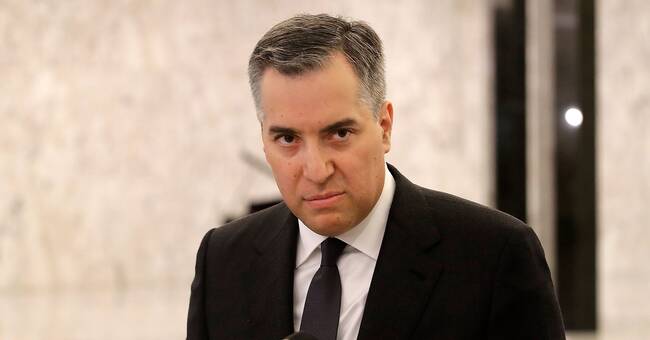President Michel Aoun officially appointed Adib as the new prime minister on Monday in a statement on state television.
The country has for some time been plagued by the crisis following the Beirut explosion, an economic crisis and problems with corruption. The previous government resigned on August 10 after the massive explosion in the capital.
"Little chance to save the country"This weekend it emerged that both Christian and Sunni and Shia Muslim-based parties in the country's complicated political landscape are behind the nomination.
-We now have a small chance to save the country, says Adib according to news agencies after the nomination.
He adds that immediate reforms are needed, not least to appease the International Monetary Fund (IMF), so that the country can continue to receive credit from the outside world.
Impossible missionEven if Adib gets a government together, his mission is described as almost impossible. Several previous governments have resigned in the face of huge and stubbornly persistent popular protests, which have sometimes been violent, in the country's streets and squares. Anger against the country's elite is driven by demands for constitutional changes and a crackdown on widespread corruption.
The giant bang in Beirut - when nearly 190 people were killed, 6,500 were injured and about 300,000 had their homes destroyed or damaged - has become a symbol of misrule. The background is always the collapsed economy and currency, the state's indebtedness, rampant poverty and the threat of state bankruptcy - not to mention the risks of a new civil war.

